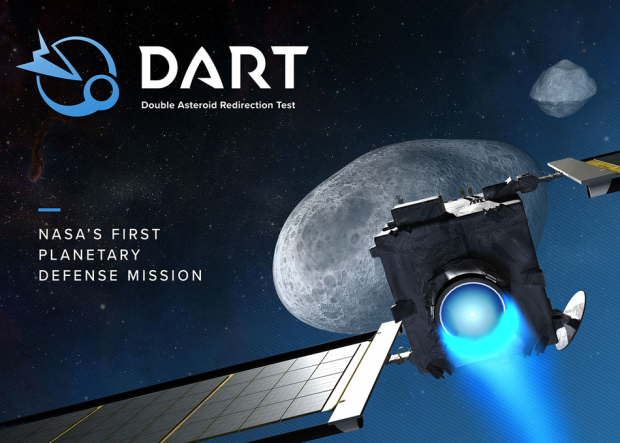
Breaking News
 Sunday FULL SHOW: Newly Released & Verified Epstein Files Confirm Globalists Engaged...
Sunday FULL SHOW: Newly Released & Verified Epstein Files Confirm Globalists Engaged...
 Fans Bash Bad Bunny's 'Boring' Super Bowl Halftime Show, Slam Spanish Language Performan
Fans Bash Bad Bunny's 'Boring' Super Bowl Halftime Show, Slam Spanish Language Performan
 Trump Admin Refuses To Comply With Immigration Court Order
Trump Admin Refuses To Comply With Immigration Court Order
 U.S. Government Takes Control of $400M in Bitcoin, Assets Tied to Helix Mixer
U.S. Government Takes Control of $400M in Bitcoin, Assets Tied to Helix Mixer
Top Tech News
 SpaceX Authorized to Increase High Speed Internet Download Speeds 5X Through 2026
SpaceX Authorized to Increase High Speed Internet Download Speeds 5X Through 2026
 Space AI is the Key to the Technological Singularity
Space AI is the Key to the Technological Singularity
 Velocitor X-1 eVTOL could be beating the traffic in just a year
Velocitor X-1 eVTOL could be beating the traffic in just a year
 Starlink smasher? China claims world's best high-powered microwave weapon
Starlink smasher? China claims world's best high-powered microwave weapon
 Wood scraps turn 'useless' desert sand into concrete
Wood scraps turn 'useless' desert sand into concrete
 Let's Do a Detailed Review of Zorin -- Is This Good for Ex-Windows Users?
Let's Do a Detailed Review of Zorin -- Is This Good for Ex-Windows Users?
 The World's First Sodium-Ion Battery EV Is A Winter Range Monster
The World's First Sodium-Ion Battery EV Is A Winter Range Monster
 China's CATL 5C Battery Breakthrough will Make Most Combustion Engine Vehicles OBSOLETE
China's CATL 5C Battery Breakthrough will Make Most Combustion Engine Vehicles OBSOLETE
 Study Shows Vaporizing E-Waste Makes it Easy to Recover Precious Metals at 13-Times Lower Costs
Study Shows Vaporizing E-Waste Makes it Easy to Recover Precious Metals at 13-Times Lower Costs
Why Is NASA Working So Hard To Learn How To Defend The Earth From Giant Asteroids?

The good news is that the space rock that NASA will be crashing this spacecraft into is not on a collision course with Earth. It is only a test. But why has NASA suddenly become so concerned with figuring out how to defend the Earth from giant asteroids? Could it be possible that there is something heading toward Earth in the future that they haven't told us about yet?
According to NASA, there are more than 26,000 asteroids that pass near Earth, and more than 2,000 of them are classified as "potentially dangerous" asteroids.
Most of those "potentially dangerous" asteroids aren't that large, but 158 of them do have a diameter of more than one kilometer.
If one of those monsters were to hit us, it would be a disaster of cataclysmic proportions.
Of course there are countless other space rocks that our scientists have not discovered yet, and those probably represent the greatest threat. Because if you don't see a threat coming, you can't get prepared for it in advance.
These days, NASA officials have become quite preoccupied by the threat that giant space rocks potentially pose, and we are being told that "scientists are at work on a plan to avoid the destruction of Earth by an errant asteroid". The following comes from an article that was just published by the Boston Globe…

 Smart dust technology...
Smart dust technology...

